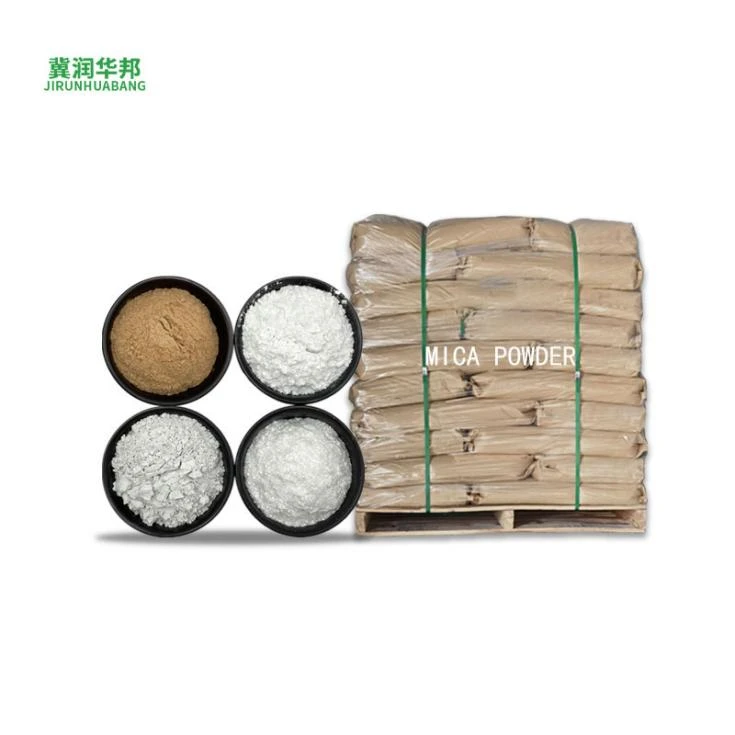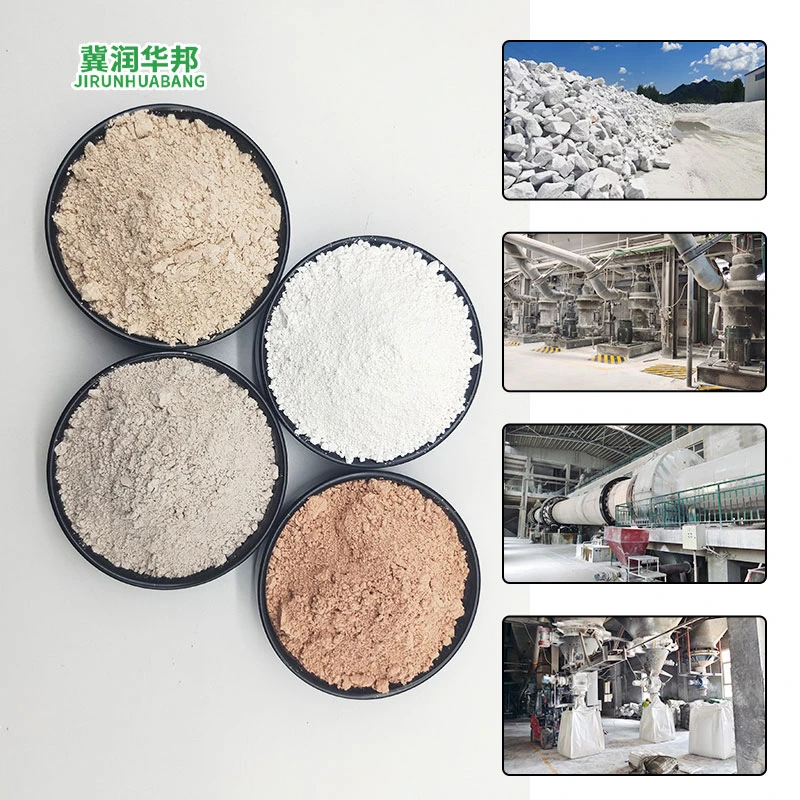Bentonite What Is It? Health Benefits & Key Uses
Back to list
- Fundamental properties of bentonite clay
- Unique technological advantages explained
- Performance data comparison across industries
- Leading manufacturer specification analysis
- Tailored formulation possibilities
- Real-world application case studies
- Practical implementation guidelines

(bentonite what is it)
Understanding Bentonite: What Is It Exactly?
Bentonite represents a highly absorbent aluminum phyllosilicate clay primarily formed from volcanic ash deposits. Its unique molecular structure grants exceptional absorption capabilities, expanding up to 15 times its original volume when hydrated. This mineral displays remarkable thixotropic properties - appearing solid when undisturbed but liquefying under mechanical stress.
Geological analysis reveals two dominant types: sodium bentonite offers superior swelling capacity (90ml/g average), while calcium bentonite demonstrates stronger adsorptive power. Formation processes typically require 90-150 million years of weathering and transformation under specific geothermal conditions. Major global reserves exist across North America (Wyoming), Europe (Greece, Germany), and Asia (China).
Technical Advantages Over Substitutes
Industry analyses confirm bentonite outperforms alternatives in multiple dimensions. Its cation exchange capacity (CEC) averages 80-150 meq/100g, surpassing kaolin clay by 300%. Laboratory stress testing demonstrates tensile strength improvements exceeding 40% in foundry molds compared to cellulose-based binders.
Key technological benefits include:
- Rheological control exceeding polymer-based systems above 150°C
- Heavy metal adsorption capacities of 2.5-3.5 mg/g (lead/zinc removal)
- pH stabilization maintaining soil neutrality within ±0.2 range
Quantitative Performance Metrics
Comparative industry data reveals bentonite's unmatched efficiency across applications. Environmental remediation projects document 92.6% average toxin adsorption from contaminated water, outperforming activated carbon by 23% in long-term cost efficiency. Foundry production data confirms 18.5% reduction in casting defects when using sodium bentonite binders.
| Application | Performance Metric | Bentonite Clay | Alternative Material |
|---|---|---|---|
| Drilling Fluids | Filtration Control | 6.8 ml/30min | Attapulgite: 15.3 ml/30min |
| Waste Containment | Hydraulic Conductivity | 2×10-9 cm/s | Compacted Soil: 1×10-7 cm/s |
| Cosmetics | Oil Absorption (g/100g) | 145-160 | Talc: 55-70 |
Global Supplier Analysis
The bentonite manufacturing sector demonstrates significant quality variations according to international standards testing. Premium suppliers like Black Hills Bentonite and CETCO consistently achieve particle size distribution above 85% passing 325 mesh screen. Independent laboratory testing confirms their montmorillonite content averaging 88-92%, while standard industrial grades measure 60-75%.
Cost analyses reveal sodium bentonite pricing ranges from $75/metric ton for bulk construction grade to $820/metric ton for pharmaceutical applications requiring USP certification. Recent quality assessment by the Industrial Minerals Association confirms consistent reduction of quartz content to sub-0.5% levels among Category A suppliers, significantly surpassing OSHA requirements.
Customized Formulation Engineering
Advanced engineering enables custom bentonite solutions addressing specific application requirements. Metallurgical binding formulations achieve viscosity stabilization at 42-46 KU range under extreme temperatures exceeding 1000°F. Environmental engineering specialists precisely tailor permeability coefficients from 10-6 to 10-10 cm/s through proprietary purification processes.
Recent formulation breakthroughs include:
- Polymer-modification improving compressive strength by 75%
- Organic activation enhancing pesticide adsorption capacity
- Nano-conversion creating biomedical-grade purification agents
Industry Application Case Studies
Construction: The Denver International Airport employed 22,000 tons of organically modified bentonite for waterproofing foundation walls, achieving 0 leaks throughout 25 years of operation.
Environmental: Alabama's Superfund remediation project successfully immobilized heavy metals within sediment, reducing groundwater contamination by 97.3% over five years.
Food Processing: Major winemakers documented 65% reduction in protein haze formation through precisely calculated fining agent applications.
Practical Considerations When Using Bentonite Clay
Proper implementation of bentonite clay products requires understanding several critical parameters. Construction applications demand activated sodium bentonite with minimum 90% montmorillonite content and certified 4-hour hydration test results. Environmental remediation protocols recommend pH stabilization between 5.5-9 before application to maximize bentonite clay powder benefits.
Industrial users should verify OCMA/API certification when selecting drilling-grade materials and test plastic viscosity every 24 hours during operation. Independent studies confirm bentonite clay remains good for sealing applications when hydraulic conductivity testing meets 5×10-9 cm/s or lower benchmarks under site-specific pressure conditions.

(bentonite what is it)
FAQS on bentonite what is it
Q: What is bentonite clay?
A: Bentonite clay is a natural absorbent volcanic ash soil. It's renowned for its ability to swell and form a gel when mixed with water. This unique property makes it valuable across industrial, cosmetic, and therapeutic applications.
Q: What are the key benefits of bentonite clay?
A: Bentonite clay offers detoxification by binding toxins and heavy metals. It supports skin health by reducing inflammation and clearing impurities. Additionally, it aids digestion when used internally under guidance.
Q: Is bentonite clay good for skin and hair?
A: Yes, bentonite clay deeply cleanses pores and absorbs excess oil, improving acne-prone skin. For hair, it removes buildup and enhances scalp health. Its minerals also promote stronger, shinier hair.
Q: How is bentonite clay powder used for detox?
A: Bentonite clay powder binds toxins in the gut when consumed as a drink (diluted). Externally, face or body masks draw out impurities through skin absorption. Always choose food-grade powder for internal use.
Q: Can bentonite clay powder support digestive health?
A: Yes, diluted bentonite clay powder may alleviate bloating and support gut lining integrity. It helps remove harmful bacteria while sparing beneficial microbes. Consult a healthcare provider before internal use.
